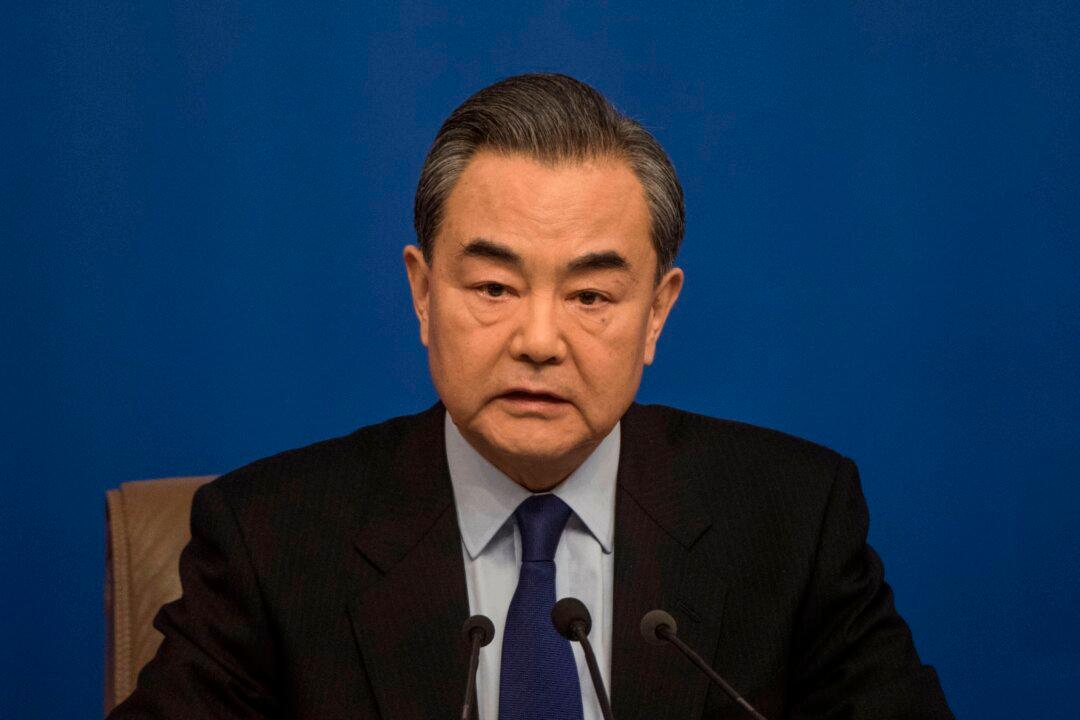Chinese Foreign Minister Wang Yi will embark on a 10-day trip to the Solomon Islands and seven other Pacific Island nations this week to boost Beijing’s alliances with the nations.
China’s Foreign Ministry said on Tuesday that Wang would visit the Solomon Islands, Fiji, Kiribati, Samoa, Tonga, Vanuatu, Papua New Guinea, and Timor Leste from May 26 to June 4.





